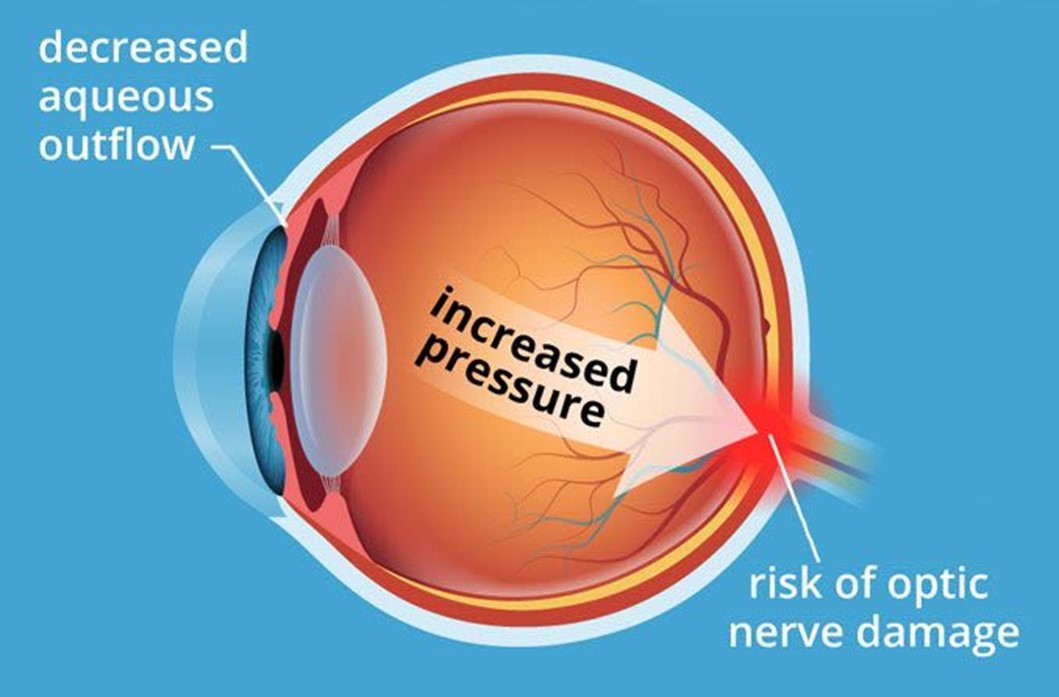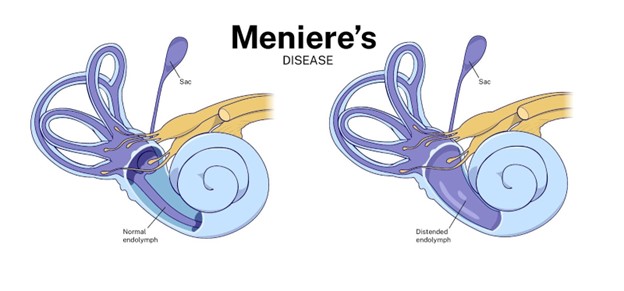A nurse is caring for a client following cataract surgery. Which of the following comments from the client should the nurse report to the client's provider?
"It's hard to see with a patch on one eye. I'm afraid of falling."
"My eye really itches, but I'm trying not to rub it."
"The bright light in this room is really bothering me."
"I need something for the pain in my eye. I can't stand it."
The Correct Answer is D
Choice A reason: This is incorrect because this comment does not require reporting to the client's provider. It is normal to have reduced vision and an increased risk of falling with a patch on one eye after cataract surgery. The nurse should reassure the client, provide assistance with mobility, and educate the client on safety measures.
Choice B reason: This is incorrect because this comment does not require reporting to the client's provider. It is normal to have some itching and discomfort in the eye after cataract surgery. The nurse should commend the client for not rubbing the eye, as this can cause infection or damage to the surgical site. The nurse should also administer anti-inflammatory eye drops as prescribed and instruct the client on how to apply them.
Choice C reason: This is incorrect because this comment does not require reporting to the client's provider. It is normal to have increased sensitivity to light in the eye after cataract surgery. The nurse should dim the lights in the room, provide sunglasses or a shield for the eye, and educate the client on how to protect the eye from bright light.
Choice D reason: This is the correct answer because this comment requires reporting to the client's provider. Severe pain in the eye after cataract surgery can indicate a complication such as infection, inflammation, bleeding, or increased intraocular pressure. The nurse should assess the eye for signs of redness, swelling, discharge, or bleeding, and report the findings and the pain level to the provider. The nurse should also administer analgesics as prescribed and monitor the pain relief.

Nursing Test Bank
Naxlex Comprehensive Predictor Exams
Related Questions
Correct Answer is A
Explanation
Choice A Reason: This is incorrect because Ménière's disease is not caused by an allergic response. Ménière's disease is a disorder of the inner ear that causes vertigo, tinnitus, hearing loss, and a feeling of fullness in the ear. The exact cause of Ménière's disease is unknown, but it may be related to fluid imbalance, infection, trauma, or autoimmune reaction.
Choice B Reason: This is correct because diphenhydramine can help offset the nauseous feeling. Diphenhydramine is an antihistamine that blocks histamine receptors in the brain and inner ear, which can reduce nausea and vomiting associated with vertigo.
Choice C Reason: This is correct because anticholinergics will help you rest. Anticholinergics are a class of drugs that block acetylcholine receptors in the brain and body, which can have sedative effects and reduce motion sickness. Diphenhydramine has anticholinergic properties.
Choice D Reason: This is correct because diphenhydramine can help reduce vomiting episodes. As mentioned above, diphenhydramine can reduce nausea and vomiting by blocking histamine receptors in the brain and inner ear.

Correct Answer is ["A","B","C","D"]
Explanation
Choice A Reason: A distended bladder is one of the most common triggers of autonomic dysreflexia, which is a life-threatening condition that occurs in clients with spinal cord injuries above T-6. The bladder becomes overfilled and stimulates the sympathetic nervous system, causing vasoconstriction and hypertension.
Choice B Reason: A severe headache is one of the most common symptoms of autonomic dysreflexia, caused by the increased blood pressure in the brain. The headache may be accompanied by blurred vision, sweating, flushing, or anxiety.
Choice C Reason: An elevated blood pressure is the hallmark sign of autonomic dysreflexia, which can reach dangerously high levels and cause stroke, seizure, or death. The blood pressure may rise up to 300/160 mmHg or higher.
Choice D Reason: Nasal congestion is another possible trigger of autonomic dysreflexia, as it stimulates the nasal mucosa and activates the sympathetic nervous system. Other potential triggers include bowel impaction, skin irritation, tight clothing, or temperature changes.
Whether you are a student looking to ace your exams or a practicing nurse seeking to enhance your expertise , our nursing education contents will empower you with the confidence and competence to make a difference in the lives of patients and become a respected leader in the healthcare field.
Visit Naxlex, invest in your future and unlock endless possibilities with our unparalleled nursing education contents today
Report Wrong Answer on the Current Question
Do you disagree with the answer? If yes, what is your expected answer? Explain.
Kindly be descriptive with the issue you are facing.
